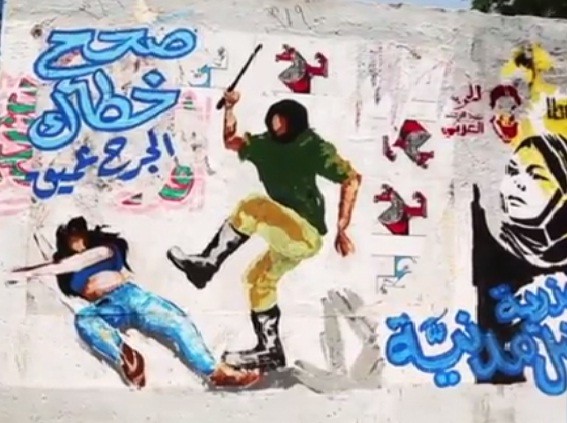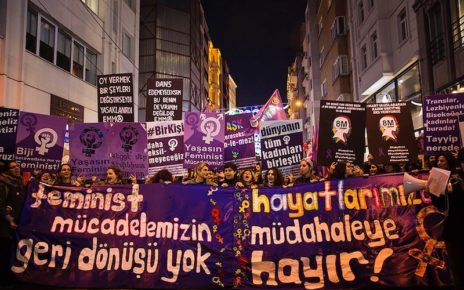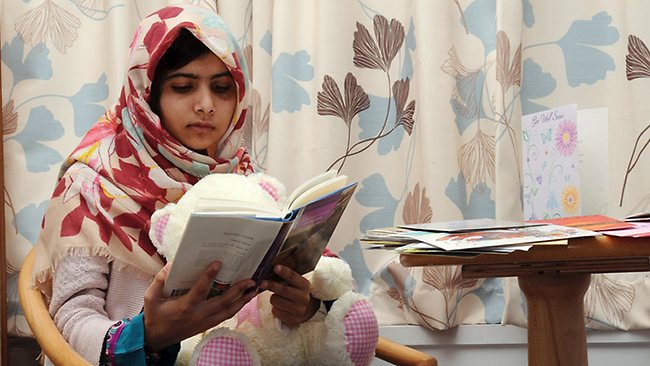Since the removal of Egypt’s President Mohammed Morsi in July, much of the world’s attention has been captured by the protests and violence that has followed the Egyptian military’s takeover of the government. Despite the significant media attention that the protests have received, an important aspect of the turmoil in which Egypt has become embroiled has received relatively limited attention: the treatment of women. Since the beginning of the Egyptian revolution in 2011, women have been increasingly affected by violence in Egypt and the newest political unrest has only served to worsen this trend. According to a recent survey by UN Women, 99.3 percent of all Egyptian women report being sexually harassed with 91.5 percent experiencing unwelcome sexual contact. Since June 28, 2013, 186 attacks on women have been reported including sexual harassment, violent assault, and gang rapes.
Both the current legal measures surrounding sexual violence and the history of the treatment of women in Egypt must be critically examined in order for the full complexity of the Egyptian crisis to be understood. The deliberate inclusion of a guarantee of equality and respect for all Egyptian citizens into the fundamental law of the country emerges as a key issue. As Egypt has descended into violence once again and preparations for elections to replace the interim government that has been ruling since the removal of President Morsi are still pending, these questions and considerations become increasingly important.
Although attacks upon women have been especially widespread during the protests in Tahrir Square, there has been a long history of sexual violence on the streets of Cairo. The problem has been widely social as well as political and has been met with little government response. The term for harassment (“taharush”) was not even used in the context of sexual assault until the past decade, with a word connoting “flirtation,” a term implying a consensual act, being used instead. Far from being an issue that only arose with the outbreak of the Egyptian Revolution in 2011, sexual violence was widespread during the Mubarak regime and continued to be a grave issue during President Morsi’s regime. Violence against women has deep roots in Egyptian society, making the issue a difficult one to address, even in a stable environment.
[captionpix align=”left” theme=”elegant” width=”300″ imgsrc=”http://natoassociation.ca/wp-content/uploads/2013/08/2013MENA_Egypt_MorsiProtests.jpg” captiontext=””]
The ousting of Morsi and the subsequent 2012 constitution did little to improve the position of women in Egyptian society. In February 2012, members of the Shura Council, Egypt’s legislative body, blamed women for mob assaults, saying that they had placed themselves in the situation. While there are laws in the penal code dealing with punishment for sexual harassment – including measures ranging from fines to imprisonment – the laws are rarely enforced and many women are actually discouraged from reporting incidents of sexual violence. This legislation, furthermore, is far from being comprehensive, with domestic violence and martial rape not considered crimes under Egyptian law. The primary response of the Morsi government to sexual violence was to downplay the issue and the limited legislation that the government did draft was put on hold with the dismantling of the Shura Council after the coup.
Many groups and individuals, including the National Council for Women (NCW) and the Egyptian feminist, physician, and writer Dr. Nawal El Saadawi, have stressed the need to establish a strong constitution for Egypt. El Saadawi and others see the establishment of a constitution that is based on the equality between citizens and respect for the individual as a step that must precede elections, arguing that without a strong constitution, elections would likely fail to bring lasting peace to the country. Without ensuring the equality and protection of women, Egypt would be ignoring a significant part of their population, one that has been increasingly active in the political sphere and which has played a key role in the Egyptian revolution. The guarantee of equality and the respect of the individual, regardless of gender, are essential to providing a firm foundation on which to build a stable Egyptian state.
There are multiple feminist and humanitarian rights groups working within Egypt to help improve the status of women within the country. What remains to be seen is whether or not the next Egyptian government will take these recommendations into consideration and give them priority during their attempts at state-building. Since sexual violence has become a large part of the protests that have enveloped Egypt, it imperative that it be made a consideration when attempting to deal with the crises occurring around the country. With the appointment of four women to key portfolios in the interim cabinet, perhaps a precedent has been set for great inclusion of women within the political sphere.
However, the events in Egypt are still unfolding and the path that the country will take is still unclear. With the situation in Egypt continuing to take a turn for the worse, it is likely that the widespread sexual violence occurring around the country will continue. With the multitude of other pressures currently placed on the government and given its track record of putting the issue of sexual violence on the back burner, it does not seem likely that combatting this violence will a priority of Egypt’s leadership.




